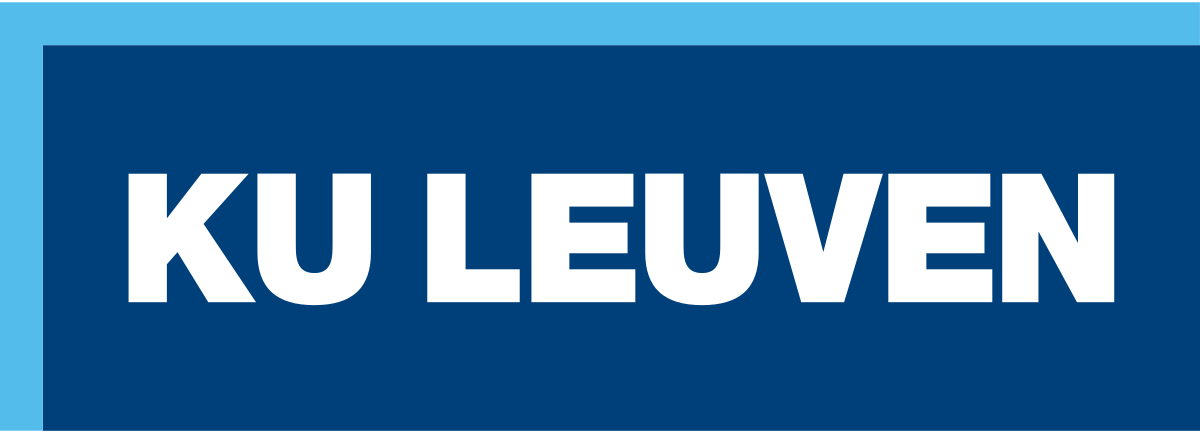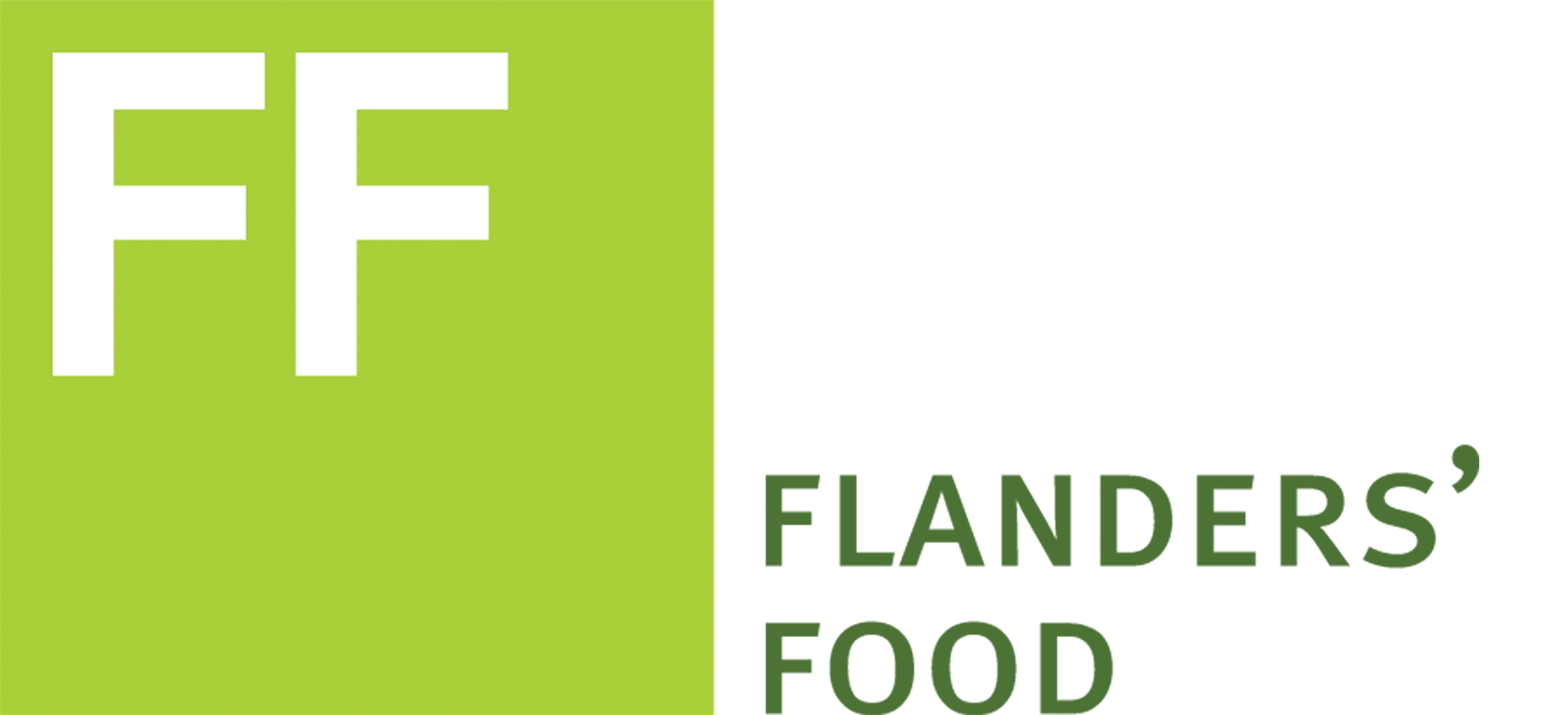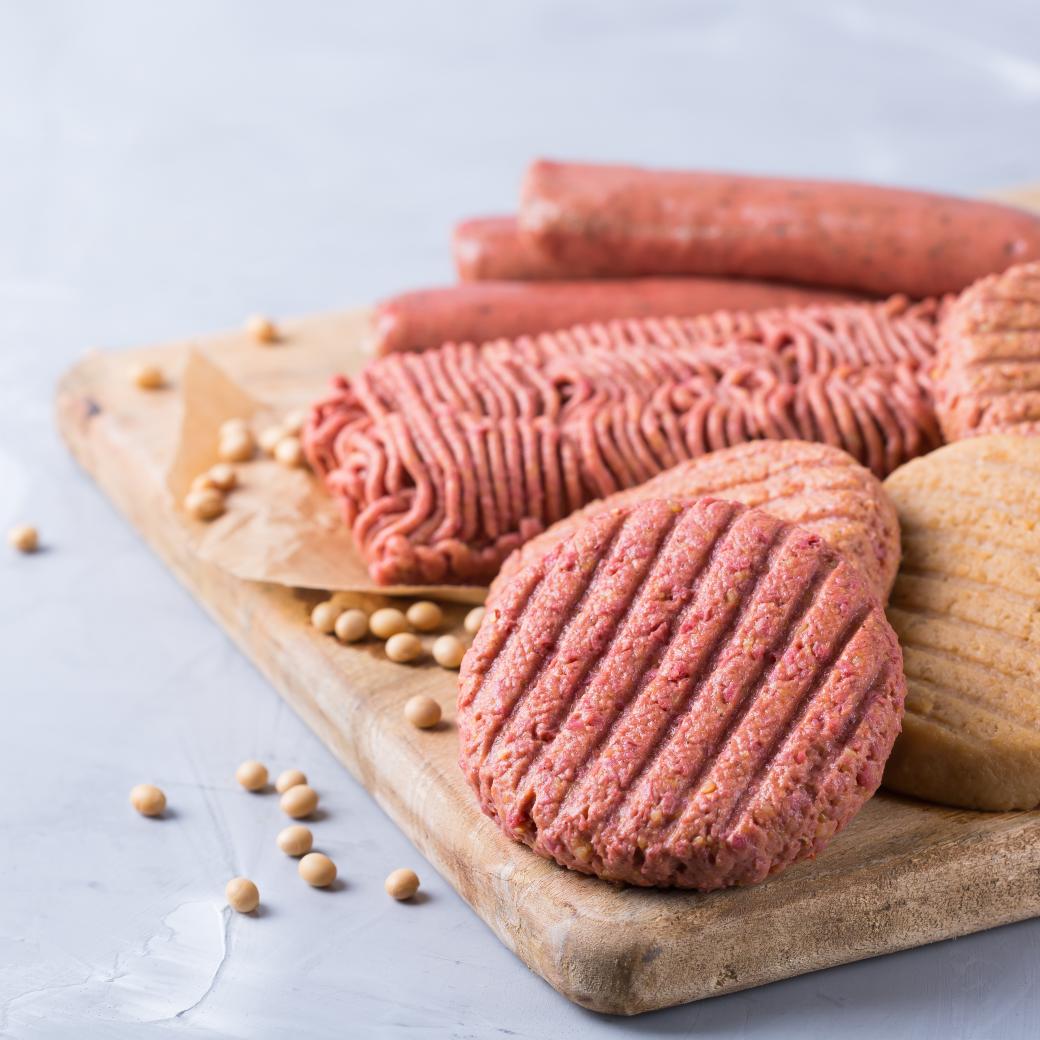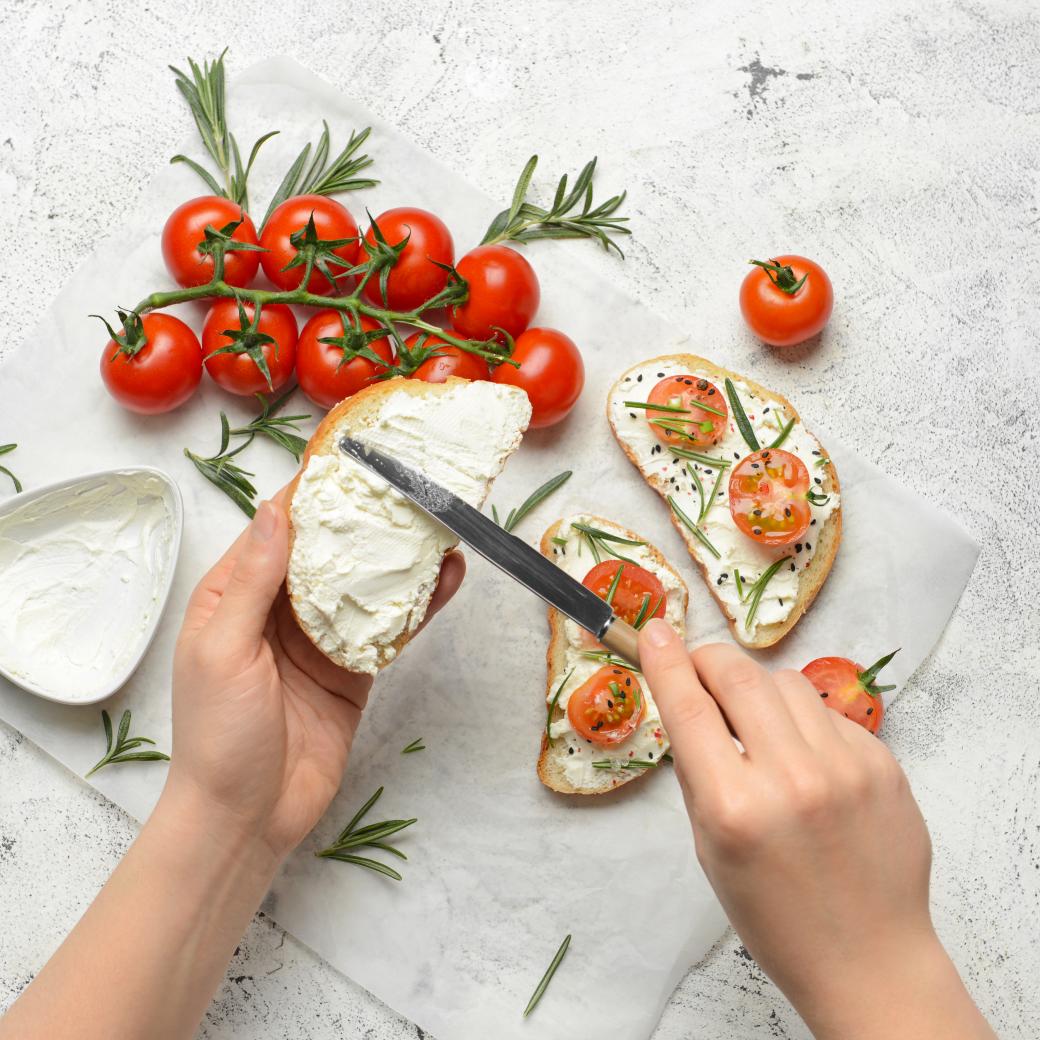VegOsmOke
With support of:

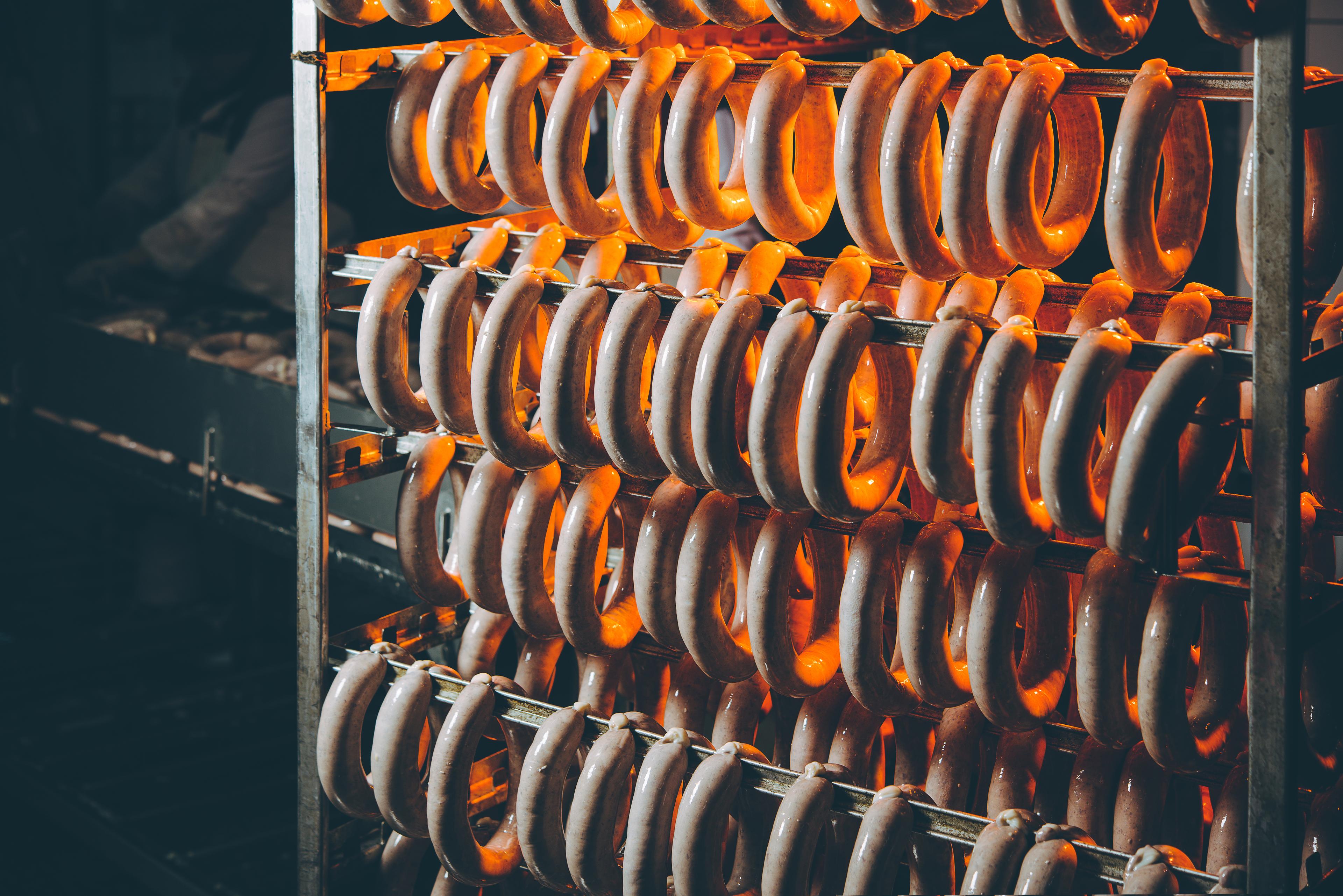
Development of high-quality (mildly) smoked meat alternatives inspired by smoke application in fish and meat products
Why this project?
In recent years, the development and production of vegetarian and vegan food products, including meat alternatives, has increased significantly. Consumers are eager to reduce their meat consumption for health, ethical and/or environmental reasons, and to fight climate change. Many consumers, especially so-called flexitarians, expect meat alternatives to match the quality of traditional meats as closely as possible. But this has proved to be no easy feat, including in the smoked meats segment. Our knowledge on smoking meat alternatives is quite limited at the moment. Commercial products are available on the market but in terms of taste and colour, there is still room for improvement. In this TETRA project, we aim to transpose the knowledge on the smoking of meat products and processing of meat alternatives, gained by the Meat Technology & Science of Protein-rich Foods (MTSP) research group and the Centre for Aroma & Flavour Technology (KU Leuven - Ghent), to smoked meat alternatives. The aim is to further optimise the quality of these products. In addition, the project evaluates the potential added value of mild smoking on the quality of meat alternatives.
Methodology and expected results
Through this new TETRA project, we aim increase our knowledge and understanding of smoking processes for meat alternatives. Concretely, a knowledge matrix will be drawn up, clearly identifying the impact of smoking techniques and the process parameters related to the smoking process and the composition of the meat alternatives (protein and fat source) on product quality. The knowledge and insights gained will also lead to the development of pilot-scale produced prototype smoked meat alternatives with the desired quality properties (taste, colour, structure/texture and shelf life).
In addition to this, the project explores the application of smoking methods to boost the quality of meat alternatives that are normally not smoked. Indeed, meat alternatives often have an inferior taste due to off-flavours of various plant proteins. Today those off-flavours are often masked by adding flavourings, with varying degrees of success. The texture and colour of meat alternatives also remain suboptimal in a lot of products. The application of a mild smoking process could provide an interesting alternative to this. The knowledge gained in this regard will also be compiled in a knowledge matrix. Based on this, some mildly smoked prototypes of meat alternatives will be developed.
Target group
The first key target group consists of producers of meat alternatives. This group includes charcuterie producers, butchers and companies producing vegetarian or vegan products. Through this project, they can, on the one hand, improve the quality of their existing range of smoked meat alternatives (e.g. better taste and colour) and on the other hand further expand their range with innovative smoked products. Moreover, the knowledge gained on smoking meat alternatives could potentially also help improve the quality (taste, colour, texture etc.) of meat alternatives that are normally not smoked.
The second key target group are producers and suppliers of raw materials (proteins, fats) for meat alternatives, and the third target group consists of producers and distributors of smoke condensates.
Project partners
The project management and implementation is in the hands of the Meat Technology & Science of Protein-rich Foods (MTSP) research group and the Centre for Aroma & Flavour Technology (KU Leuven - Ghent). As a subcontractor, Flanders' FOOD is jointly responsible for the dissemination of the results to a broader target group and the organisation of the launch and closing event of this project.
Main partner responsible for the project execution: KU Leuven
- Meat Technology & Science of Protein-rich Foods (MTSP) research group led by Prof Ilse Fraeye (ilse.fraeye@kuleuven.be)
Keen to join?
The project started on 1 September 2023 and runs until August 2025 (project duration: 2 years). For more information or if you are interested in joining, please contact Ilse Fraeye (ilse.fraeye@kuleuven.be) or Olivier Goemaere (olivier.goemaere@kuleuven.be).
Contact FF

From apple tree to innovation: meet B3ET

Sustainable animal feed from sweetcorn cobs: meet Trotec

